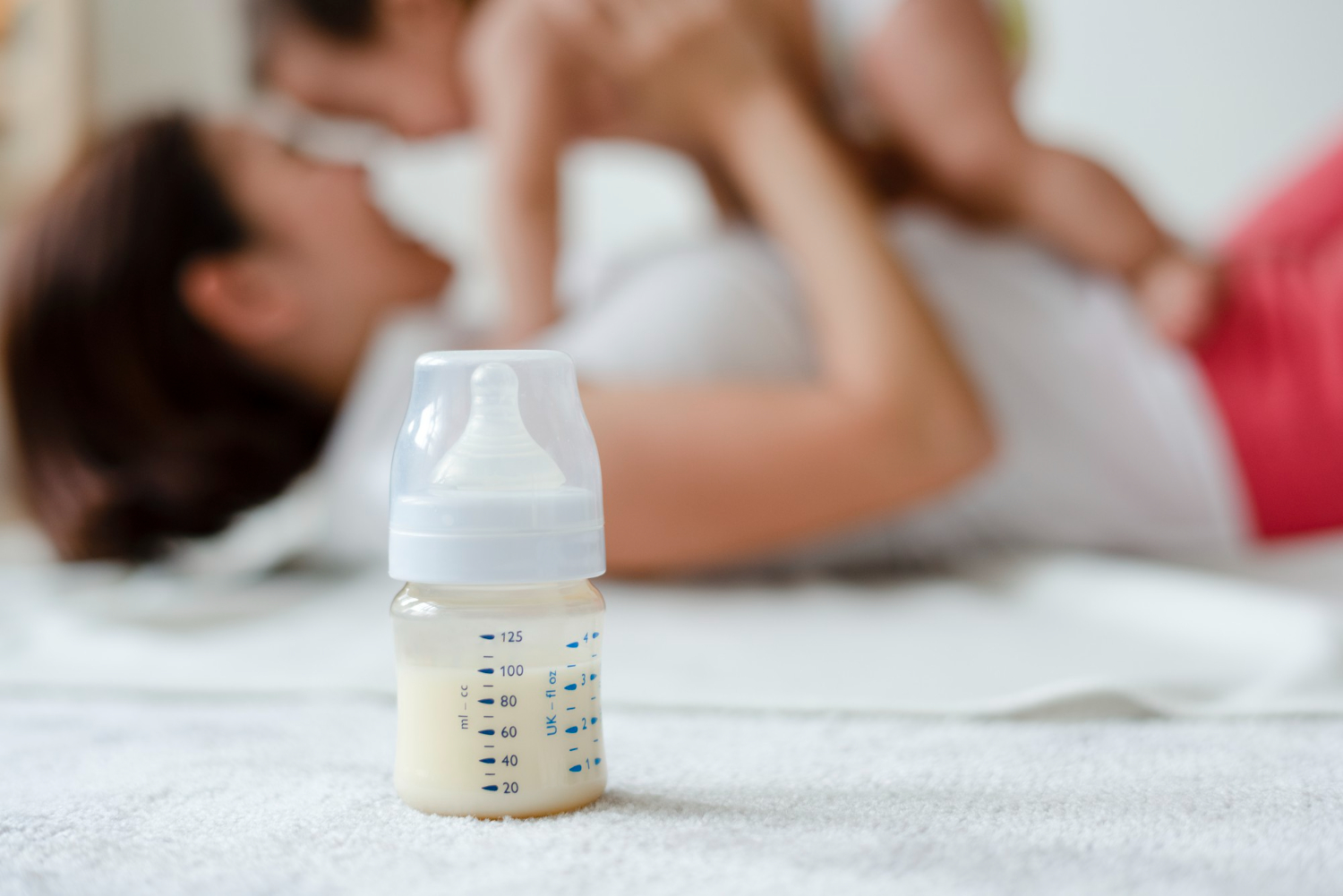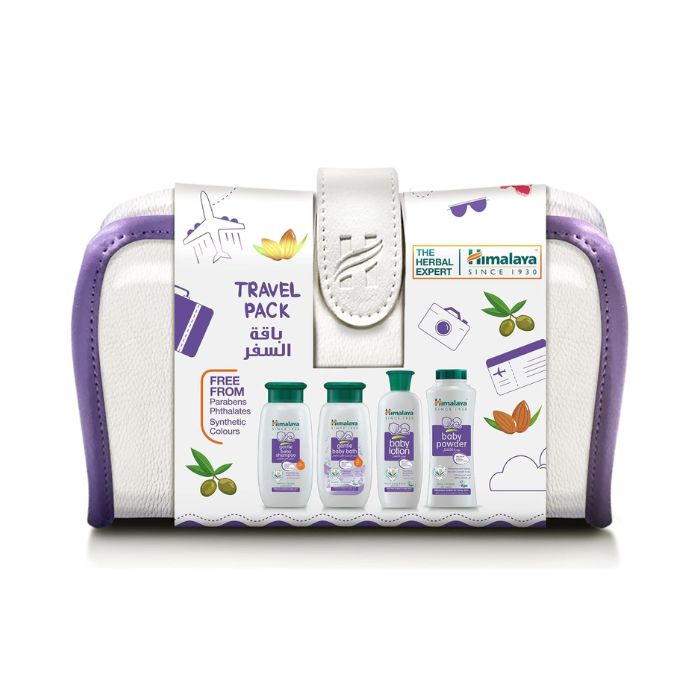choosing the right baby formula a complete guide
Guide to Choosing the Right Baby Formula Options for Your Baby's Need
Apr 24, 2023, 5:56:19 AM

As a parent, you want to give your baby the best start in life, and choosing the right baby formula is an essential part of that process. With so many options available, it can be overwhelming to navigate the world of infant baby formula. This guide will help you understand the different types of baby formulas available, explore the benefits and downsides of breastfeeding versus formula feeding, and provide tips on how to choose and properly prepare your baby's feeding bottle.
Understanding the Different Types of Baby Formulas Available
There are several types of baby formulas available on the market, each with its unique characteristics and ingredients. Here are some of the most common types:
Cow's milk-based formula: This is the most widely used and readily available type of infant baby formula. It's made from cow's milk that has been modified to resemble breast milk, with added nutrients such as iron, vitamins, and minerals.
Soy-based formula: Soy-based formula is an alternative to cow's milk-based formula for babies who are allergic to cow's milk or lactose intolerant. It's made from soybeans and contains soy protein.
Hydrolyzed formula: This type of formula is ideal for babies who have trouble digesting cow's milk-based formula. It's made from proteins that have been broken down into smaller, more easily digestible pieces.
Specialized formula: There are specialized formulas available for babies with specific health conditions or needs, such as premature infants or those with allergies.
Exploring the Benefits and Downsides of Breastfeeding vs. Formula Feeding

Breastfeeding is the best option for newborns as it provides all the necessary nutrients and antibodies that a baby needs for healthy growth and development. However, not all mothers can breastfeed due to various reasons such as medical issues, work schedules, or personal choices.
Formula feeding is a great alternative to breastfeeding and provides all the necessary nutrients that a baby needs to grow and develop. It's also more convenient as it allows other family members to feed the baby.
The downside of formula feeding is that it can be expensive, and there's a risk of contamination if the formula isn't prepared or stored correctly. Additionally, formula-fed babies may be at a higher risk of developing ear infections, respiratory illnesses, and allergies.
How to Choose the Right Baby Formula for Your Little One
Choosing the right baby formula is essential for your little one's health and development. Here are some factors to consider when selecting an infant baby formula:
Your baby's age: Different formulas are designed for different ages, so it's important to choose a formula that's appropriate for your baby's age.
Nutritional needs: Look for a formula that provides all the essential nutrients that your baby needs for healthy growth and development.
Allergies or sensitivities: If your baby has any allergies or sensitivities, choose a specialized formula that's designed to meet their specific needs.
Price: Formula can be expensive, so consider your budget when choosing a formula.
The Pros & Cons of Using Soy-Based Formulas

Soy-based formula is a popular alternative to cow's milk-based formula for babies who are allergic to cow's milk or lactose intolerant. Here are some pros and cons of using soy-based formulas:
Pros:
Soy-based formulas are suitable for babies who are allergic to cow's milk.
They contain plant-based proteins, which may be easier to digest for some babies.
Soy-based formulas are fortified with vitamins and minerals that are essential for a baby's growth and development.
Cons:
Soy-based formulas may cause digestive problems such as gas and bloating.
Soy contains phytoestrogens, which may affect hormonal development in infants.
Soy-based formulas can be expensive.
Tips on How to Properly Store & Prepare Your Baby's Formula
Proper storage and preparation of your baby's formula are crucial to ensure that it's safe and healthy for them to consume. Here are some tips to help you prepare and store your baby's formula correctly:
Wash your hands thoroughly before preparing the formula.
Sterilize the feeding bottle, nipple, and other utensils in boiling water for at least five minutes before use.
Follow the instructions on the formula packaging carefully, and use the correct amount of water and powder.
Use water that has been boiled and cooled to room temperature for preparing the formula. It's essential to use boiled water to kill any harmful bacteria that may be present in the water.
Use the formula immediately after preparing it. If you need to store the formula, put it in the refrigerator, and use it within 24 hours.
Discard any unused formula after one hour of feeding to prevent bacterial growth.
Avoid using a microwave to warm the formula as it can heat unevenly and create hot spots that can burn your baby's mouth.

Conclusion
Choosing the right baby formula is an essential decision that can have a significant impact on your baby's growth and development. Understanding the different types of formulas available and their pros and cons can help you make an informed decision. It's also crucial to follow the proper storage and preparation techniques to ensure that your baby's formula is safe and healthy for them to consume. With these tips, you can provide your baby with the best nutrition possible and ensure their healthy growth and development.
LATEST BLOG POSTS
RECOMMENDED PRODUCTS
Rocs Baby Mild Care Toothpaste with Lime Blossom, Gentle, Safe Oral Care for Babies 0-3 Years - 35ml
(3)
IN 30 mins
AED 19.95
33.6
Almond Baby Skin Care Cream – Gentle Moisturizer for Soft, Nourished & Protected Baby Skin 150ml
(22)
IN 30 mins
AED 46.00










